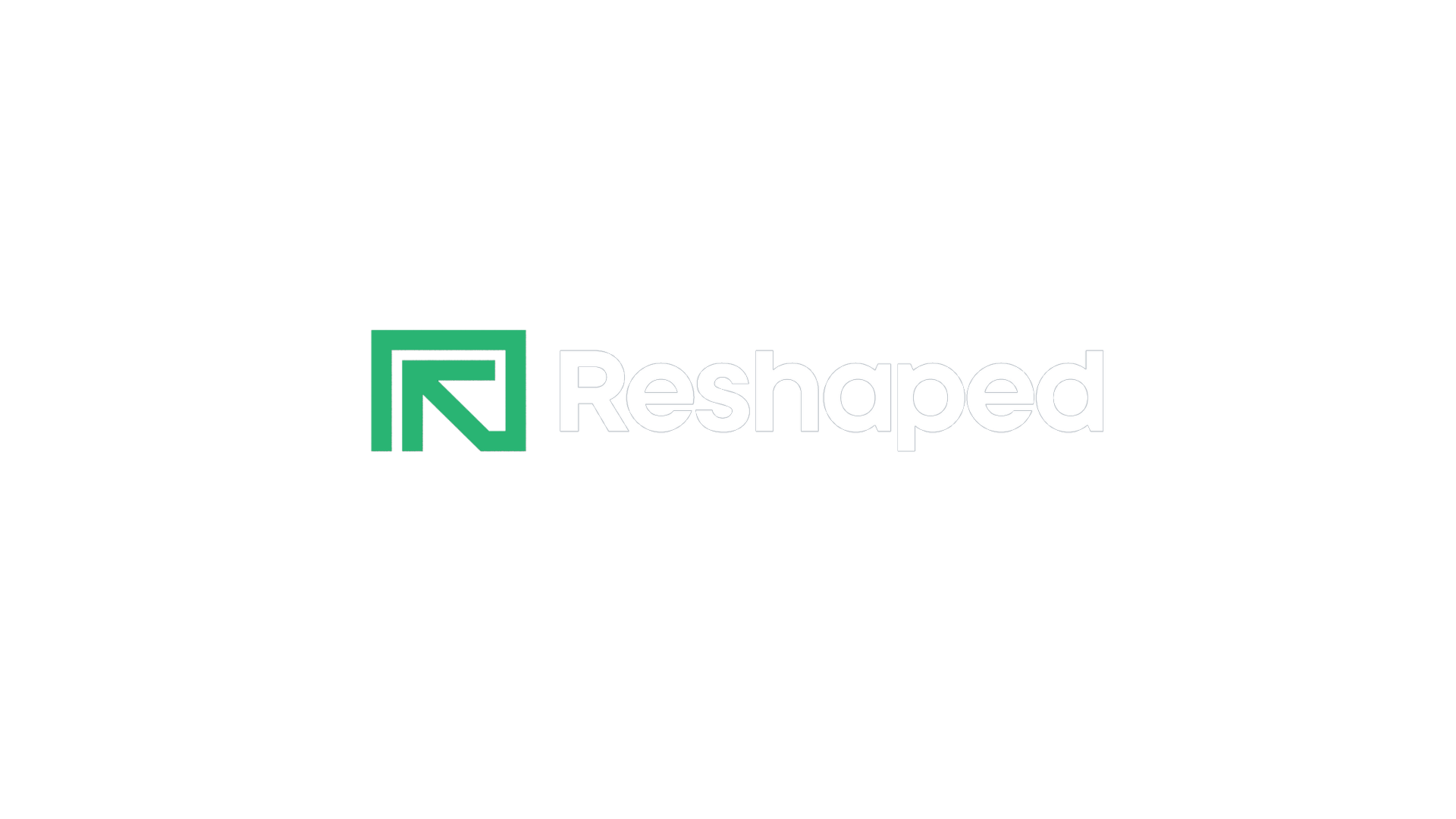When people think of AI, ChatGPT is usually the first name that comes to mind.
However, it’s not the only option for generative AI. Knowing about other choices can be helpful if you have specific tasks or need better-quality results.
We’ve tested many AI marketing tools to find the best alternative to ChatGPT for you.
We carefully reviewed each one to help you find the right fit for your needs.
Here are our top 8 picks for the best ChatGPT alternative, each offering different features and capabilities to meet various requirements.

1. Microsoft Copilot
Source: microsoft
In February 2023, Microsoft launched Copilot, an AI-enhanced version of Bing.
Copilot runs on GPT-4 Turbo, which gives it the same intelligence as ChatGPT, which uses GPT-4o. The main difference between these two models is that ChatGPT’s GPT-4o includes advanced multimodal capabilities, allowing it to understand and produce text, audio, image, and video inputs and outputs.
Copilot has most of the features available in the free version of ChatGPT. These include access to current events, linking to sources it uses, browsing the Internet, uploading images and documents, and generating images.
Because of these similarities, it offers nearly all the same benefits.
Using Copilot is free and straightforward. You can start by visiting the Copilot website, downloading the app, or accessing it through Bing.
2. Google Gemini (formerly Bard)
Source: dorik
Google introduced its AI model called Gemini (formerly Bard) in February 2024. As Google’s most powerful LLM, Gemini is designed to enhance productivity rather than just offer broad conversational abilities like ChatGPT.
The Gemini 1.5 Pro version offers features such as a larger context window and video support. However, it lacks the intelligence and consistency of ChatGPT 4.0, which excels in reasoning, code generation, and multimodal understanding and provides superior accuracy and reliability.
Gemini is an attractive alternative to ChatGPT, especially for those deeply integrated with Google Workspace tools like Docs, Sheets, and Slides. This integration allows users to draft documents, analyze data, create presentations, and more, without needing to switch between apps.
While Gemini is free to try, full access requires a Google One or Google Workspace subscription, which might not be the most budget-friendly option.
However, its deep integration with Google services makes it appealing to busy entrepreneurs and remote workers who want to save time, optimize workflows, and stay productive.
Additionally, developers may gain access to Gemini 1.5 Pro, which supports a context length of 1,000,000 tokens, far exceeding any other LLM.
3. Copy.ai
Source: Copy.ai
Copy.ai is a powerful ChatGPT alternative that does much more than text summarizations. It’s great for managing long essays, blog articles, and lists you don’t have time to read.
It’s like an enhanced version of ChatGPT, filled with numerous valuable features.
With Copy.ai, you can create a unique brand voice to generate content that matches your brand’s style. You can easily reuse important data by adding text or uploading files to your Infobase.
The tool also allows you to create workflows, such as turning a content brief into a complete blog post with a relevant meta description. Plus, you can organize all your work into project folders for easy access.
The free plan works well if your usage stays below 2,000 words in the chat. For more extensive needs, paid plans include access to GPT-4, unlimited words, projects, brand voices, and additional features.
It offers extensive capabilities for content creation, organization, and growth marketing, suitable for both casual users and professionals seeking a comprehensive AI solution.
4. AnonChatGPT
If you’re seeking an alternative to ChatGPT that doesn’t require logging in, AnonChatGPT is an excellent option.
This service forwards your prompts directly to OpenAI’s servers and presents the responses, allowing you to enjoy the fundamental benefits of ChatGPT without sharing personal information with its creators.
AnonChatGPT leverages OpenAI’s GPT-3 model, though its user interface differs somewhat from the original.
Unlike ChatGPT, AnonChatGPT only supports one conversation at a time, and past responses are not saved for future reference. To begin a new conversation, you simply need to refresh the page.
5. Llama 3 by Meta
Source: writingmate
Meta AI has received a significant upgrade with the release of Meta Llama 3, a new and powerful large language model (LLM).
Trained on an extensive amount of text data, Llama 3 excels in language understanding and usage. This model is designed to be accessible to almost everyone, whether for research, content creation, or commercial purposes.
One of Llama 3’s key features is its open-source nature, making it available for anyone to use. Users can download and run it on their own computers or through cloud services like Microsoft Azure and Amazon Web Services via platforms like Hugging Face. This flexibility sets Llama 3 apart from many proprietary models.

With an estimated 140 billion parameters, Llama 3 is a powerful tool suitable for various tasks, including text generation, translation, and research. It also includes a robust AI image generator.
As an open-source model, Llama 3 is free to download and use for research and commercial applications.
6. Otter
Source: Techcrunch
Also known as Otter AI Chat is a great ChatGPT alternative that offers a blend of real-time transcription, collaboration, and content generation features, enhancing team productivity and streamlining communication.
Ideal for team meetings and virtual conferences, Otter integrates seamlessly with popular video conferencing platforms like Zoom, Microsoft Teams, and Google Meet.
It generates automated meeting summaries, including action items and hyperlinks to notes.
One particularly useful feature is Otter’s ability to summarize key takeaways from any discussion. This function allows meeting participants to engage more effectively and share insights through collaborative chat.
By integrating with leading video conferencing tools, Otter ensures that your meetings are productive, well-documented, and easy to review.
With automated summaries, teams can quickly access important information and action points, making Otter a valuable asset for any organization looking to improve communication and collaboration.
7. Codeium
Source: Codeium
Codeium is designed to assist developers in writing code more efficiently.
It comprehends the context of your work and offers smart autocomplete suggestions as you type. You can also ask plain English questions about your codebase or technologies, and Codeium will deliver helpful answers along with relevant code examples.
Completely free and unlimited, Codeium supports over 70 programming languages, including Ruby, JavaScript, C++, Java, and Python, making it a versatile tool for developers of all experience levels.
With Codeium Live, you can converse with an AI that understands your current code and tech stack, providing accurate and pertinent responses and examples.
The @ feature lets you mention and discuss specific functions and classes from your code, facilitating detailed and focused discussions.
Codeium Search enhances its utility by enabling you to ask natural language questions about your codebase, streamlining the process of finding information and solutions. As one of the comprehensive and user-friendly alternatives to ChatGPT, Codeium significantly boosts developers’ productivity and ease of use.
8. Perplexity AI
Source: deepgram
Perplexity AI merges web search capabilities with sophisticated AI models, including GPT-4, Claude 2, and its own proprietary models.
By sourcing information from various live sources and providing citations, Perplexity AI ensures that its responses are more current and accurate than ChatGPT’s.
One notable feature is its ability to access platforms like Reddit, which significantly reduces the time spent on research.
Perplexity AI offers various search modes, such as Internet, Academic, and WolframAlpha, allowing you to select the most relevant sources easily. It employs advanced language models like GPT-4, Claude 3, Mistral Large, and its own custom models to deliver more relevant and informative answers.
Perplexity AI also does a great job at summarizing articles, web pages, and forum discussions, enabling quick information retrieval.

Choosing the ideal ChatGPT alternative
Selecting the best ChatGPT alternative depends on your specific needs. Since numerous LLMs are available, each designed for different purposes, pinpointing a single “best” alternative is challenging.
Your decision will be influenced by factors such as your budget, the size of your organization, and the tool’s compatibility with your specific use case.
The vast list of LLMs can seem overwhelming, but the most effective approach might be to focus on mastering one that suits your needs.
If you’re uncertain about which alternative to choose, consider examining how ChatGPT can be utilized for particular applications, such as SEO.
By exploring ChatGPT’s use in SEO, you can gain valuable insights to help you understand the potential of these tools and how they can be adapted to meet your specific goals.





